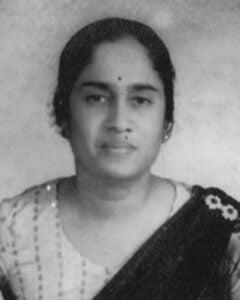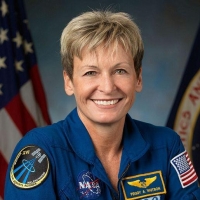| Kamala Sohonie, an Indian biochemist, was the first Indian woman to earn a Ph.D. in science. |
| Initially rejected by the Indian Institute of Science, she was later admitted after protesting peacefully outside Prof. C V Raman’s office. |
| Her uncle and father were both chemists at the Indian Institute of Science in Bengaluru. |
| Studying in the UK, she made a significant discovery about the enzyme 'Cytochrome C' at Cambridge University. |
| She held prominent positions, focusing on nutrition research and aiding underprivileged communities in India. |
| Recommended by President Rajendra Prasad, Kamala investigated 'Neera,' a nutrient-rich sap from toddy palms. |
| Apart from her scientific endeavors, she was involved in consumer rights advocacy in India. |
| Kamala aimed to improve the health of underprivileged communities in India through her research. |
| She remained connected to India's national ethos, supporting Gandhi and the freedom movement. |
| An accomplished science communicator, she authored books and was known for her passion for science. |
| During her studies, she received prestigious scholarships and collaborated with esteemed scientists. |
| Her Ph.D. thesis was completed in a remarkably short time of 14 months. |
| Many of her research supporters became respected scientists themselves. |
| Facing gender prejudices, Kamala overcame career obstacles and eventually became the Institute's Director. |
| Dr. Satyavati organized a special event to honor Kamala's achievements in New Delhi. |

